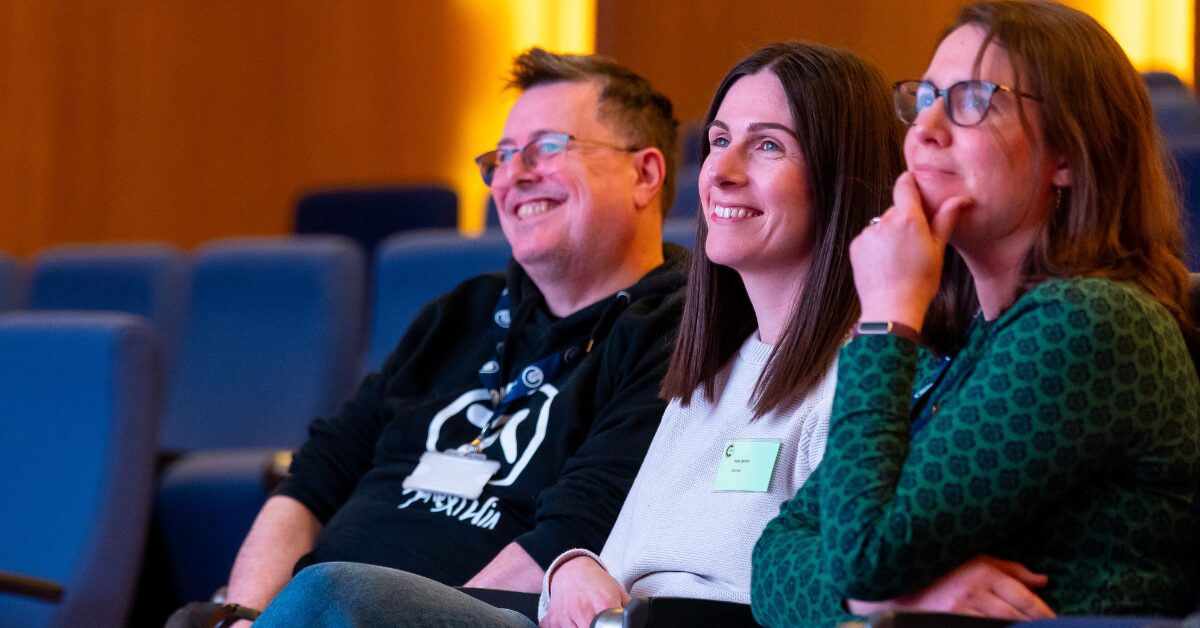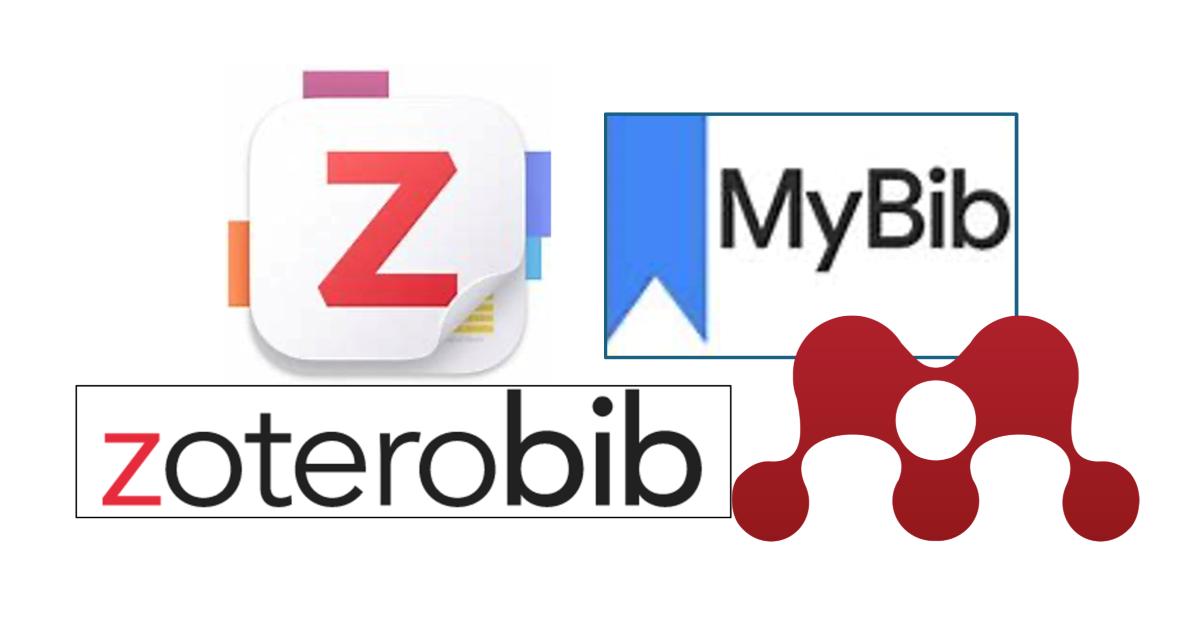CORD best practice #5 – documenting workshops
31/05/2019

Continuing my blog series where I talk about my favourite items on our data repository, this time I’ve chosen an item that groups together several files on ‘End-to-end experiments personalised beverages design’, at https://doi.org/10.17862/cranfield.rd.7837817, from Professor Harris Makatsoris in Manufacturing.
As more services move to personalisation, the idea of customised beverages tailored to my preference was intriguing! But more than the subject matter, where Cranfield demonstrated the principles using orange juice, I love this record as it’s a great example of how CORD can be used to best share outputs from workshop-style experiments. This included ensuring they are thoroughly documented so that others can fully understand the work (without referring elsewhere) and thus enable them to reuse and cite the outputs easily.
As well as the spreadsheet of numerical results, which are the fundamental output data, there is accompanying information detailing the workshop and experiment plans, and also photographs of the workshops themselves. Not only does this help people understand the methodology and demonstrate robust and transparent research practices, it makes the whole item more appealing and engaging (maybe that’s why it caught my eye…).
Harris also gets bonus points for depositing the spreadsheets in csv format so they are accessible long-term – it’s good to remove as many potential barriers to access as possible (see our intranet file format guidance for more). It’s also worth noting that publishing data online with a DOI, in well-documented and accessible form, isn’t just something to do to please your Research Data Manager and win a figshare cup, but it’s essential for funder compliance! Responsible data management is a condition of the EPSRC funding of this project, but we do like to reward best practice here as well.
A final reward is seeing your statistics grow and this item has already been downloaded 30 times. Sharing your outputs is well worth the minimal effort, so I look forward to seeing more great items on CORD!
Image: Makatsoris, H. (2019) End to End experiments Personalised Beverages Design. Available at: 10.17862/cranfield.rd.7837817.
Categories & Tags:
Leave a comment on this post:
You might also like…
A beginner’s guide to sourcing a company beta
Beta is the measurement of a company’s common stock price volatility relative to the market. If you’re trying to find a current beta for a company there are a number of places to look. These ...
Credibility, confidence and collaborative focus: The impact of studying for a sustainability apprenticeship at Cranfield
For participants on Cranfield’s Sustainability Business Specialist Apprenticeship, it doesn’t take long for their studies to start to have an impact, with that impact ranging from personal growth and career progression, to organisational effect ...
Meet Mendeley: a powerful referencing tool that does the hard work for you!
Are you looking for a way to manage your references, create in-text citations and reference lists for your assignments or thesis? If so, you may wish to consider using Mendeley. What is it? Mendeley is ...
Adding documents to your Mendeley account
To make the most of a Mendeley account, it is useful to create and maintain a ‘Library’ of references. You can add references and documents to this Library in a number of ways: 1) Drag ...
Choosing the right reference management tool for you…
Are you thinking about using reference management software to help you manage your references? The Library is here to help you. While Mendeley has been our go-to reference management software for some years, we've recently ...
Cranfield Seed Fund recipient, Cosysense, are using AI to solve air conditioning problems and provide a net zero alternative
If you’ve ever worked in an office environment you’ve probably been involved in, or overheard, a conversation about the air conditioning. Well, it’s no surprise it’s a common complaint when research shows that up ...






